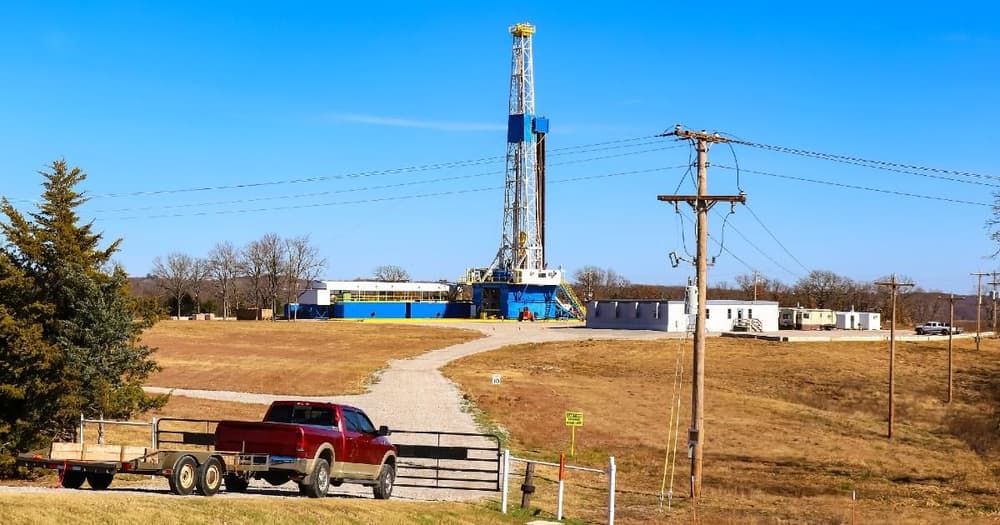Are you ready to take your oil rig career to the next level?
Or are you looking to start a career in the oil and gas industry that will take you places?
Rig managers hold an important position when it comes to the operations of rigs and drilling - and they are compensated appropriately for it.
You don’t need to dedicate yourself to years of hard study to work your way into this position (although degrees and certifications certainly do help). You only need to dedicate yourself to an entry position and gain the knowledge and experience to move up.
If you’re interested in becoming a rig manager, here is what you need to know about this position:
What is a Rig Manager?
A rig manager is responsible for every aspect of rig operations. This includes set up, take down and rig moves as well as managing personnel and the financial and technical aspects of a drilling rig.
Other responsibilities include:
- Providing input during rig marketing and contracting activities.
- Daily paperwork related to rig production and costs.
- Ensuring the health and safety of the rig operating crew.
- Complying with governmental and environmental regulations.
- Interacting with drilling rig personnel and well services providers/managers.
A rig manager provides leadership, safety training, dispute resolution and support to their drilling crew.
While most of this job position takes place in an office setting, a rig manager has to be intimately familiar with the workings of the rig.
How to Become a Rig Manager
When it comes to education, having a bachelor’s degree is beneficial when it comes to becoming a rig manager. In fact, around 10% of rig managers hold a bachelor’s degree.
However, it is possible to secure this position with a college degree or high school degree (or equivalent).
Experience is important as well, especially in the role of driller - although previous experience as a floor hand or derrick hand is helpful as well.
Here is a breakdown of the preferable education and certification requirements to become a rig manager:
- High school diploma plus extensive experience working in a rig environment.
- Additional education such as college or industry-approved training.
- Post-secondary diploma in petroleum engineering technology.
- Standard and emergency first aid.
- CSTS (Construction Safety Training System).
- WHMIS (Workplace Hazardous Materials Information System).
- TDG (Transportation of Dangerous Goods)
- eGSO (Electronic General Safety Orientation)
- Fall protection and rig rescue.
- Aerial lift training.
- Respirator fit training.
- Second-line well control (drilling rig manager) or well-service well control (service rig manager).
- Detection and control of flammable substances.
- Rig technician certification.
- Valid class 5 driver’s license.
Depending on the employer, some or all of these certifications (or more) may be required for the role of rig manager.
Overall, however, your focus should be on establishing experience in this field and supplementing that experience with education.
How to Advance Your Career on a Rig
Again, pairing the right experience and education is key to obtaining a position of rig manager but when it comes to working on a land-drilling crew, a typical career path looks like this:
All of this can be achieved with a high school diploma and training along the way.
Fortunately, the oil and gas industry is full of advancement opportunities when it comes to building your career - especially when it comes to drilling and rig management.
So no matter where you start, you can expect to move forward in your career if you are dedicated to and focused on becoming a rig manager.

